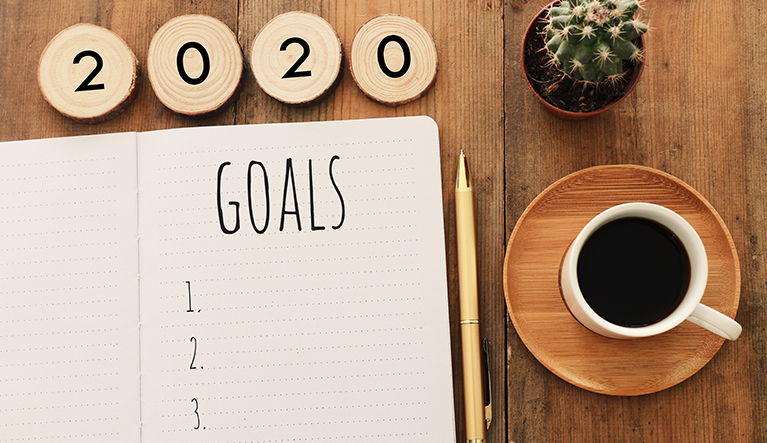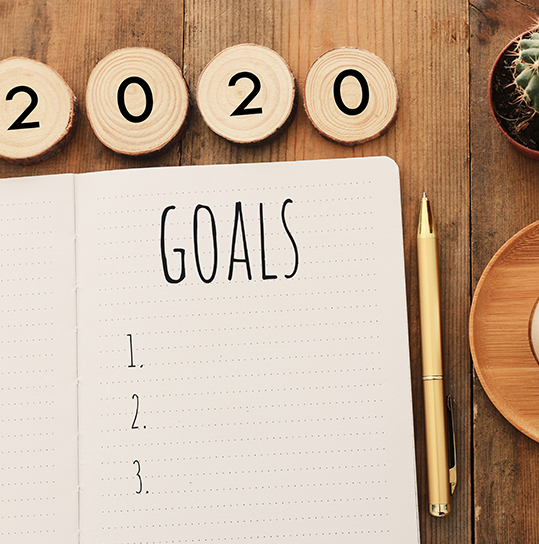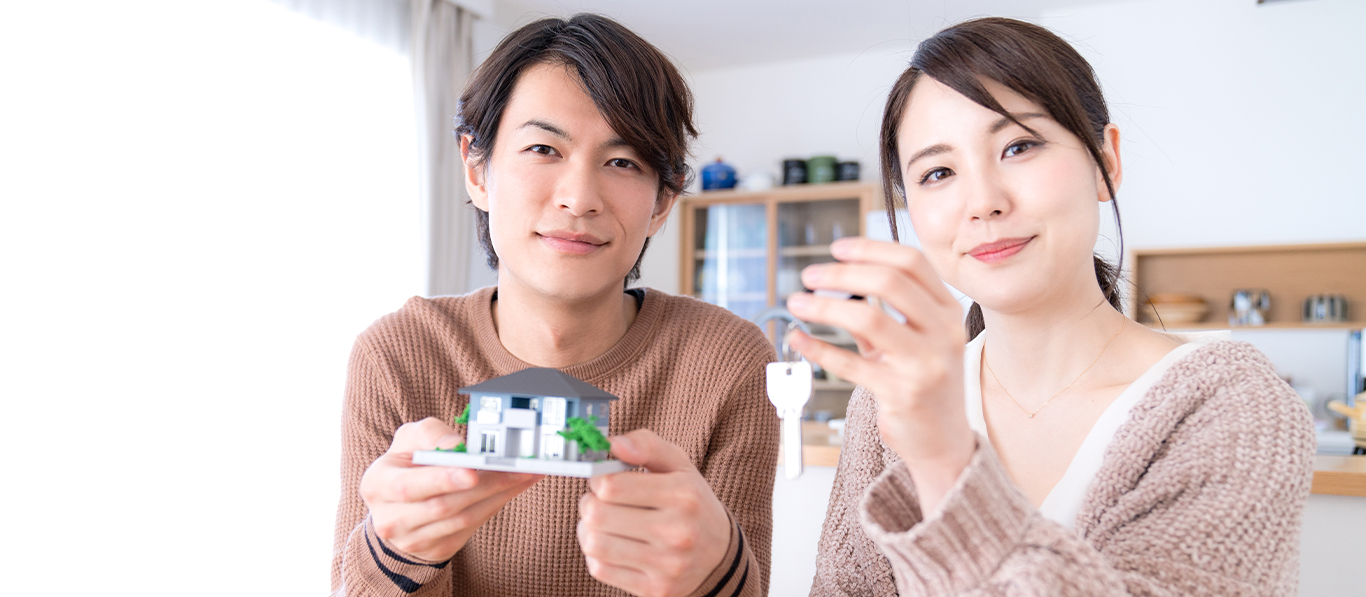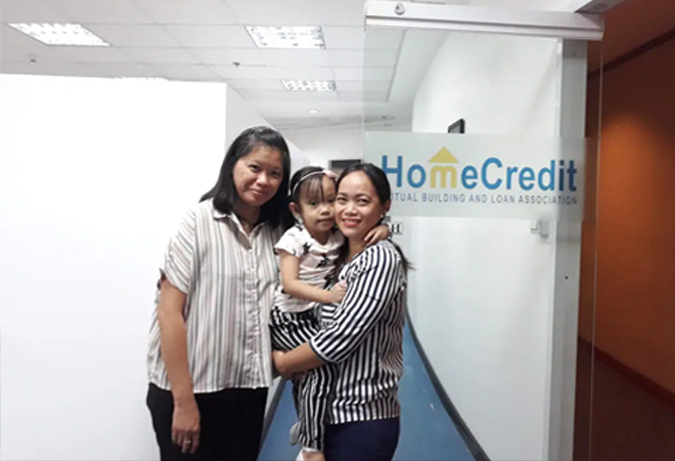Financial Plans: Basics and Know-Hows
June 8, 2020 | by HC Mutual
A financial plan is an evaluation of your income, budget, and expenses—an actionable guide to achieving your goals. While many people find this intimidating, you can create one easily by understanding how it works and how it can benefit you. Take it one step at a time and work at your own pace.
Let us help you get started by breaking financial planning down to the basics.

The building blocks of a solid plan.
Before you sketch out your plans for the future, here are the key terms and financial components to learn and consider:
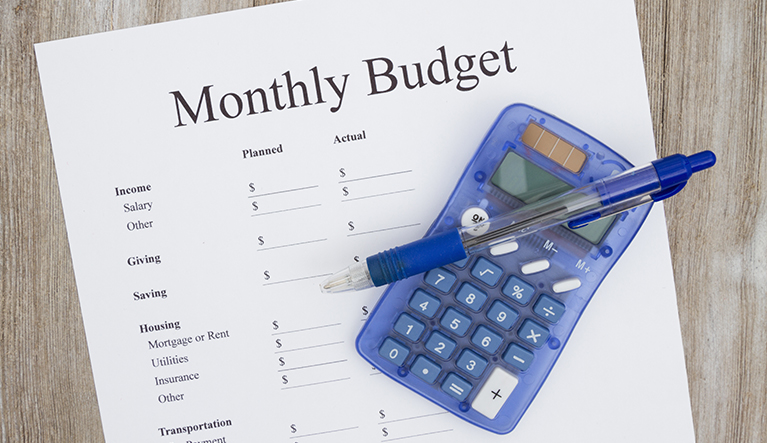
- Monthly budget – Track your spending and allocate the right amount to your living expenses, utilities, food, rent (if any), and travel costs. Check out our guide to budgeting here.
- Savings – Starting on your savings early can help you grow financially, and ensure a comfortable life for your family. The KayaMo Saver’s Plan makes this easier with its salary deduction scheme and flexible payment terms.
- Debt management – It’s ideal to include steps to paying off debt and dues in your financial plan. Review your monthly budget and consider what expenses can be removed or cut down.
- Emergency funds – As we face unprecedented times, it is advisable to have financial safety nets on top of your savings. Set up your emergency funds for unexpected expenses.
- Insurance and retirement plans – These plans can help you achieve financial security in the long run. Look into insurance and retirement programs that can address your needs and fit into your budget.
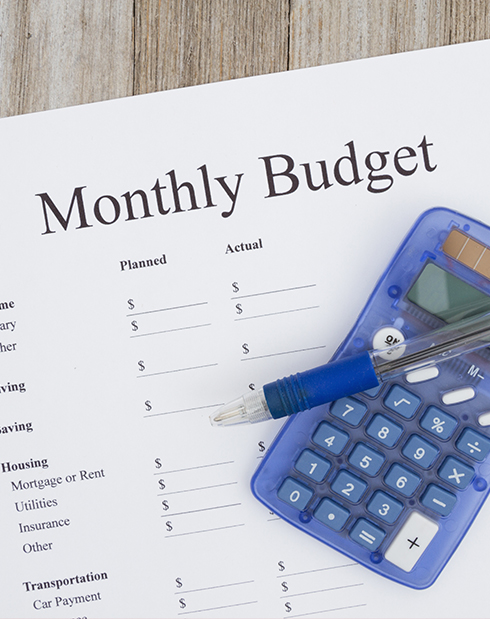

Creating your financial plan
It’s okay to start small when building your first financial plan—it doesn’t have to be complicated to be effective. Here are our tips to making a simple and practical one:

- Figure out your financial situation – An honest evaluation of your finances can help you make concrete plans. List down your household’s income, monthly expenses, and savings. Place them side-by-side and compare the numbers to have a better understanding of what you’re earning versus how much you’re spending.
- Set short-term and long-term goals – These will set the direction of your financial plan. Try setting goals with timelines like paying off a certain debt within 6 months, saving an extra Php 2,000 in 2 months, or buying your first home within 2 years.
- Outline your action plan – Now that you know what you want to achieve, you can focus on how you can get there. Are you making the most out of your monthly budget? Have you considered loans? Do you need extra income or is it a matter of reallocating money?
- Record your finances – We understand that official paperwork can be difficult to complete, but if possible, keep a copy of your pay slips, bills, taxes, payments, receipts, etc.
- Don’t hesitate to seek advice – Talk to people who have experience to gain insight on options that you can explore and research. At HC Mutual, we also share Financial Wellness Tips and resource materials to help you.
Working on your financial plan gives you a clearer vision of your financial journey, including your milestones and low points. By setting definite goals, you can determine the right plan of action and take the best path towards securing the future for yourself and your family.
SHARE
Related Posts

Secure Your Child’s Future






Understanding Financial Literacy






From “I do” to “We’re expecting”:










